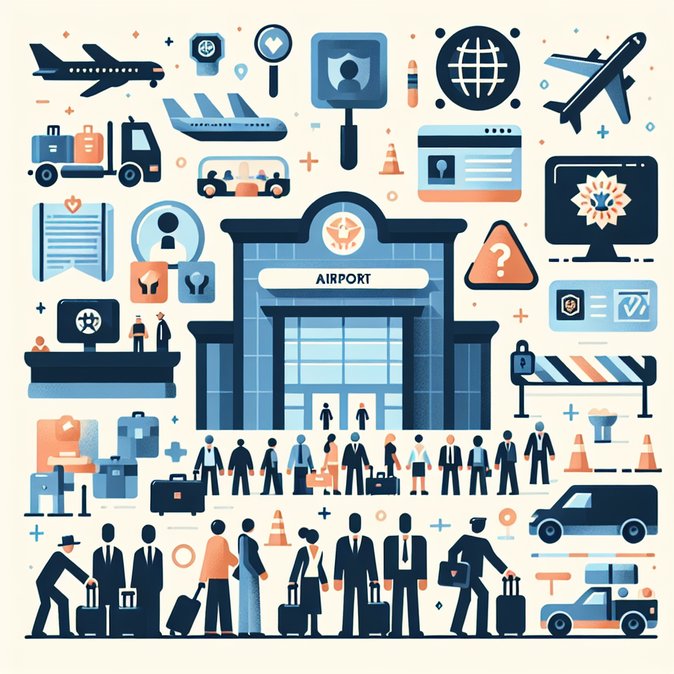
Brazil officially opened COP30 on 10 November with a call for global cooperation, but behind the speeches a massive mobility operation is under way. Val-de-Cans–Belém International Airport has activated ‘Operação Verde’, a 24-hour contingency plan that doubles immigration counters, re-routes domestic flights to secondary airports and reserves dedicated lanes for heads of state and UN staff.
The Civil Aviation Secretariat estimates international arrivals in Belém will average 6 100 passengers per day during the first summit week—six times normal traffic. To cope, Infraero installed eight temporary baggage belts, while LATAM, Azul and Gol have scheduled 96 extra domestic segments to connect delegates through São Paulo and Brasília hubs.
![COP30 Opens in Belém; Brazil Deploys Emergency Airport Plan for 50 000 Delegates]()
On the visa front, the Foreign Ministry’s crisis room is running a “green lane” that fast-tracks any pending e-visa tied to UN accreditation. Officials say 92 % of 31 400 applications filed since 1 November have been adjudicated within 48 hours, a record for Brazil’s consular network. Nevertheless, corporate travel managers are being warned to keep paper copies of approvals; system latency linked to high traffic caused intermittent outages on 9 November.
Accommodation and onward travel remain tight. Two cruise ships moored at Outeiro Island are providing 3 800 overflow cabins, and Uber has geo-fenced surge-pricing to prevent exploitation. Companies with late-notice travellers should consider charters via Macapá or Santarém, where customs facilities have been temporarily upgraded.
Failure to align travel logistics with the summit’s security perimeter could lead to costly delays. Movement inside the ‘blue zone’ will require secondary badge checks, and shuttle buses will be subject to random searches. Employers should circulate detailed arrival briefings and advise staff to keep passports on hand as ID throughout the event.
The Civil Aviation Secretariat estimates international arrivals in Belém will average 6 100 passengers per day during the first summit week—six times normal traffic. To cope, Infraero installed eight temporary baggage belts, while LATAM, Azul and Gol have scheduled 96 extra domestic segments to connect delegates through São Paulo and Brasília hubs.

On the visa front, the Foreign Ministry’s crisis room is running a “green lane” that fast-tracks any pending e-visa tied to UN accreditation. Officials say 92 % of 31 400 applications filed since 1 November have been adjudicated within 48 hours, a record for Brazil’s consular network. Nevertheless, corporate travel managers are being warned to keep paper copies of approvals; system latency linked to high traffic caused intermittent outages on 9 November.
Accommodation and onward travel remain tight. Two cruise ships moored at Outeiro Island are providing 3 800 overflow cabins, and Uber has geo-fenced surge-pricing to prevent exploitation. Companies with late-notice travellers should consider charters via Macapá or Santarém, where customs facilities have been temporarily upgraded.
Failure to align travel logistics with the summit’s security perimeter could lead to costly delays. Movement inside the ‘blue zone’ will require secondary badge checks, and shuttle buses will be subject to random searches. Employers should circulate detailed arrival briefings and advise staff to keep passports on hand as ID throughout the event.








